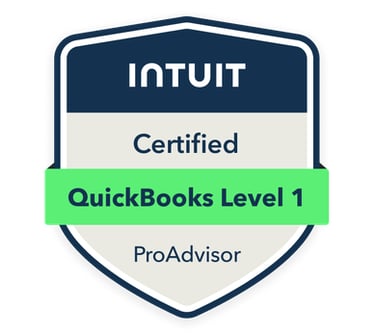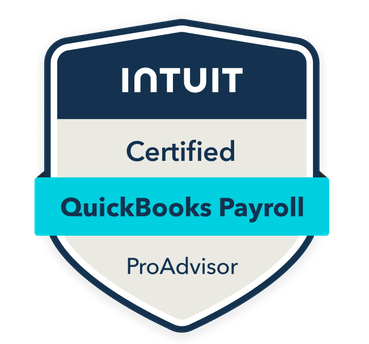The Role of the Bookkeeper is Evolving
Bookkeeping is no longer just an administrative function. Bookkeeping has become critical to business growth and success.
Bookkeeping used to be viewed as an administrative affair - simply recording a company's financial transactions. Data entry.
Not anymore. Business owners need more than just balanced books and monthly reports - They need real-time information to monitor their business's performance to make quicker, better-informed decisions.
So what do bookkeepers do for a small business?
They maintain the general ledger and record all accounting data. They perform reconciliations to catch and correct discrepancies. They manage accounts payable and accounts receivable, maintain inventory, manage payroll. They prepare tax data and keep business in compliance with federal and state laws and regulations.
But that's what they've always done. That's the administrative data entry.
Today's bookkeepers use cloud technology to offer enhanced, up to the minute financial information, allowing business owners to monitor their financial position daily. Bookkeepers can accurately track the flow of cash into and out of a business, helping owners avoid cash shortages. Bookkeepers can help spot issues early on and pinpoint areas of concern, allowing business owners to adjust their strategy proactively.
Yesterday's bookkeepers kept the financial records clean and kept the books balanced. Today's bookkeepers still do that, but also provide owners with the information and ability to successfully run and grow their business.

















